With the end of the Merkel era in sight, President Zelenskiy’s trip to Paris will be an essential step in avoiding the potential for a pro-Russian tilt in the Normandy format, writes Steve Pifer. This post originally appeared in the Kyiv Post.
President Volodymyr Zelenskiy reportedly will soon travel to Paris to meet with French President Emmanuel Macron. That is a trip very much worth making. After German Chancellor Angela Merkel steps down this fall, Zelenskiy may find himself more dependent on Macron, both in the Normandy format and for leadership in the European Union regarding the conflict that Russia has inflicted on his country.
The sooner Zelenskiy gets to Paris, the better.
First, he could ask Macron to call explicitly on Vladimir Putin to deescalate the tensions Russia has caused by its large and continuing build-up of military forces near Ukraine.
On April 3, the German and French foreign ministries issued a statement calling for restraint on “all sides”—a wrongly balanced appeal given that Russian actions provoked the crisis. Merkel corrected this on April 8, when she spoke with Putin and “demanded that this [Russian] build-up be unwound in order to de-escalate the situation.” Macron has yet to speak in such clear terms.
Second, Zelenskiy should strengthen Macron’s understanding of the conflict and Ukraine’s position. The Germans and French have for six years sought to broker a settlement between the Ukrainians and Russians in the Normandy format, with Merkel playing the lead role. Later this year, when she steps down, the leadership of that process may well pass from Berlin to Paris.
Ukrainians often express frustration with the Normandy format and the Minsk II agreement that it produced in February 2015. The terms of the agreement were never fully implemented, and thousands of Ukrainians have since died. Berlin and Paris have not found the key to getting Russian and Russian proxy forces to leave Donbas, to say nothing of occupied Crimea. (In fairness, it is not clear that anyone could have.)
However, the Normandy process has kept the two large continental European powers engaged in trying to resolve the conflict. That is to Kyiv’s advantage. The Minsk II agreement has provided the basis for sustaining European Union sanctions on Russia, sanctions that have proven far more resilient than many would have predicted when EU member states first approved them in 2014.
Merkel and German diplomats deserve credit for maintaining EU unity on sanctions, despite calls from some member states to move back toward business as usual with Moscow. She has taken a greater interest in the Russia-Ukraine conflict than Macron or his predecessor. That reflects in part her background, having been raised in the German Democratic Republic, her understanding of Russia, and her command of Russian.
But Merkel steps down this fall after 16 years as chancellor. While the German election is still more than five months off, most predictions suggest one of two coalitions will result: a combination of the Christian Democratic Union/Christian Socialist Union and Greens Party, or a grouping of the Greens, the Social Democratic Party, and Free Democratic Party.
In the first combination, the likely candidates for chancellor are Armin Laschet and Markus Soeder. Both come from what was West Germany. Neither has real experience with or appears to have shown particular interest in the Russia-Ukraine conflict. Either might question the investment that Merkel put into the Normandy discussions, given that they have not succeeded and offer little pay-off in terms of German domestic politics.
In the second combination, the chancellor likely would come from the Greens. That could bode well for Kyiv, as the Greens are skeptical about Russia, criticize Moscow’s human rights record, and oppose the Nord Stream 2 gas pipeline. However, the Greens have been out of government since 2005, and they might need time to get up to speed.
If the new German chancellor is uninterested in or needs time to engage in a meaningful manner, leadership within the Normandy format will move to Paris, something the Kremlin likely would welcome. Macron has taken a less harsh tone on Russian misbehavior. He has sought to regenerate links with Moscow. For example, before the 2019 G7 summit in France, he hosted Putin for a bilateral meeting, seemingly seeking to make Paris a bridge between Moscow and the rest of the G7.
A pro-Russian tilt, even a small one, in the duo heading up the Normandy format process is hardly in Kyiv’s interest. Zelenskiy needs to make his strongest possible case to Macron as regards the realities of the Russia-Ukraine conflict, for continuing to steward the Normandy format with Merkel’s steadiness, and for not succumbing to Putin’s blandishments, which would come at Ukraine’s expense.
The Brookings Institution is committed to quality, independence, and impact.
We are supported by a diverse array of funders. In line with our values and policies, each Brookings publication represents the sole views of its author(s).

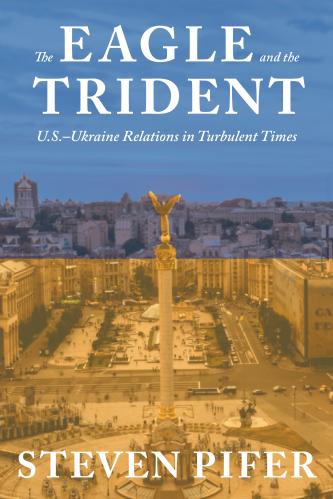
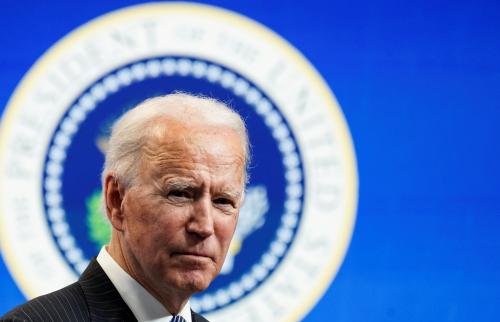
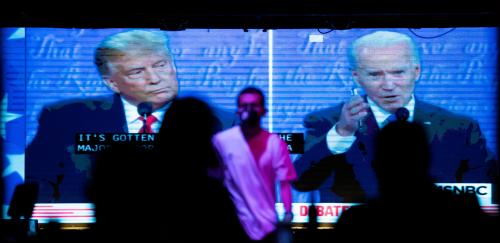
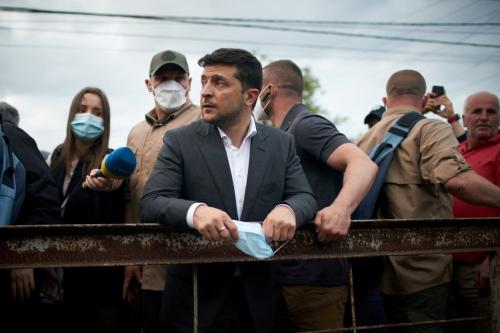

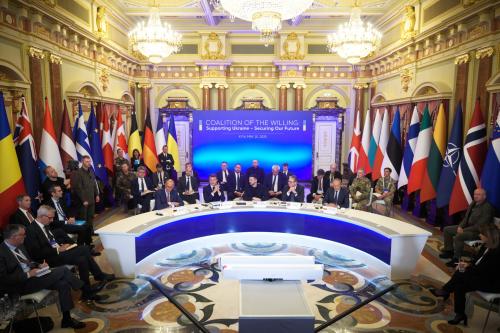
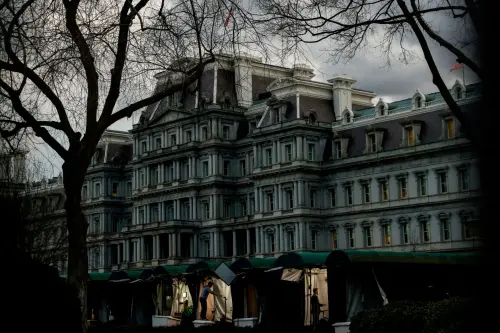
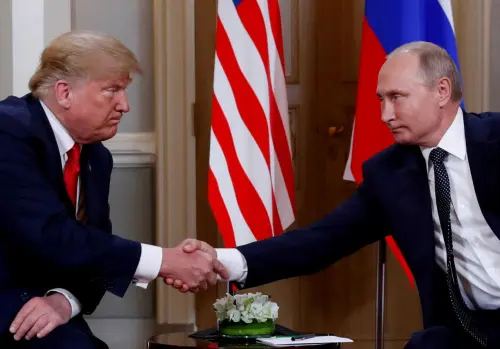
Commentary
Planning a trip to Paris, Ukraine’s Zelenskiy has much to gain
April 19, 2021